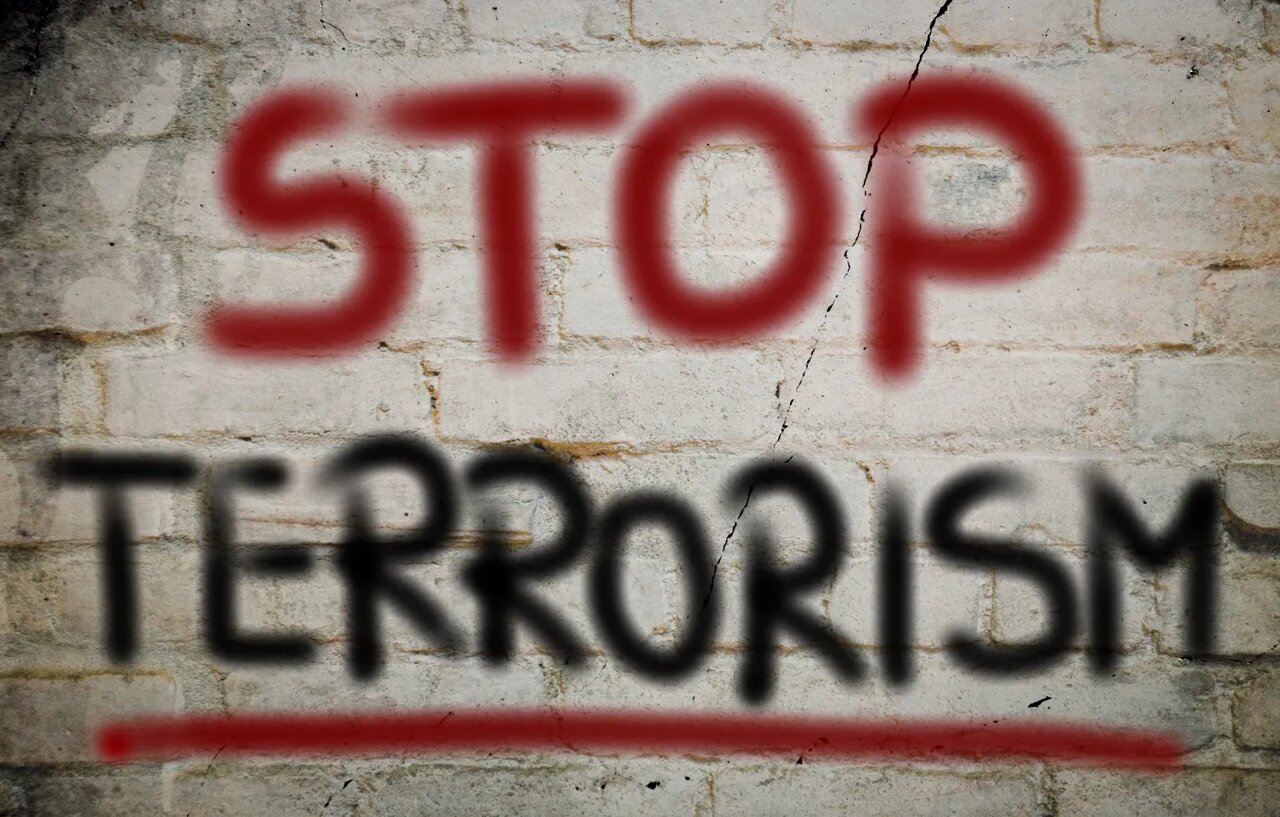 The issue of Palestine has always been a hot topic in countries of the region. Over 7 decades have elapsed since the occupation of Palestinian lands by the Israel regime. Meanwhile, the regime’s violence against the natives of the land, slaughtering them and expelling a significant number of them from their hometown to neighboring or other foreign countries have drawn the attention of the public opinion as well as human rights activists all over the world. Besides arousing humanitarian objections, Israel’s measures against Palestinian people have always led to the issuance of a significant number of resolutions by the United Nations and the Security Council.
The issue of Palestine has always been a hot topic in countries of the region. Over 7 decades have elapsed since the occupation of Palestinian lands by the Israel regime. Meanwhile, the regime’s violence against the natives of the land, slaughtering them and expelling a significant number of them from their hometown to neighboring or other foreign countries have drawn the attention of the public opinion as well as human rights activists all over the world. Besides arousing humanitarian objections, Israel’s measures against Palestinian people have always led to the issuance of a significant number of resolutions by the United Nations and the Security Council.
Hence, the occupation of Palestine has not been a subject of controversy only between Muslims or Arabs with the Israeli regime. Rather, it has major judicial and human rights aspects which captures the attention of the international community.
The MEK’s leader, in line with the group’s pro-Palestinian slogans, has recently made a statement about the widely-criticized trip of the deposed Shah’s son to the occupied Palestinian territories saying, “Everyone knows about the brotherly ties between the Mujahedin (MEK) and Fatah and PLO since the Shah’s reign. Our policy is to fully support President Mahmoud Abbas.” Clearly, Rajavi’s policy is not aimed at criticizing policies of the Israeli regime but overtly aimed at supporting the President of Fatah (and not the Palestinian people). Rajavi continued, “I congratulated Yasser Arafat, PLO, and the Palestinian people on behalf of the Iranian resistance (MEK) on the progress of the process of peace and recognition of Palestinian people’s national rights in Oslo I Accord.”
It is clear that what links the MEK terrorist group to Palestine is merely their relations with the PLO in the early years of its establishment, while it has not taken any position in supporting the rights of the Palestinians especially the displaced ones, or condemning settlement constructions or other Israeli measures in conflict with resolutions of the Security Council.
The UN Security Council has issued multiple resolutions, although non-binding, in support of the Palestinians’ rights condemning the Israeli regime’s measures. Yet, in line with these resolutions and international attempts, the MEK has not, even once, denounced Israel’s racial and violent acts. The 1322, 1435, 1559, and 2334 resolutions have all been introduced in the past two decades, to which MEK paid no heed. The 2334 resolution of the security council in 2016 emphasizing the necessity of terminating Israel’s settlement constructions was approved with 14 favorable votes and one abstained vote by the US. However, fearing the Israel’s dissatisfaction and weakening of their ties with this regime, the MEK did not react to this resolution just like they did not to other resolutions. If one takes into account statements of some western journalists and diplomats regarding the cooperation of the MEK with Israel in assassinating Iranian nuclear scientists, it becomes apparent why the MEK is not willing to slam Israel’s policies against the Palestinian people.
Evidently, the violent nature of terrorist groups responsible for the assassination of thousands of innocent civilians prohibits them from caring for the oppressed people and must not be expected to do so. Therefore, what was mentioned in this piece did not aim to determine why the MEK has not been supportive of the Palestinian people; rather, it was an attempt bring to light for the public opinion the deceptive acts of a terrorist entity which seeks to hide its relations with a violent apartheid regime.
